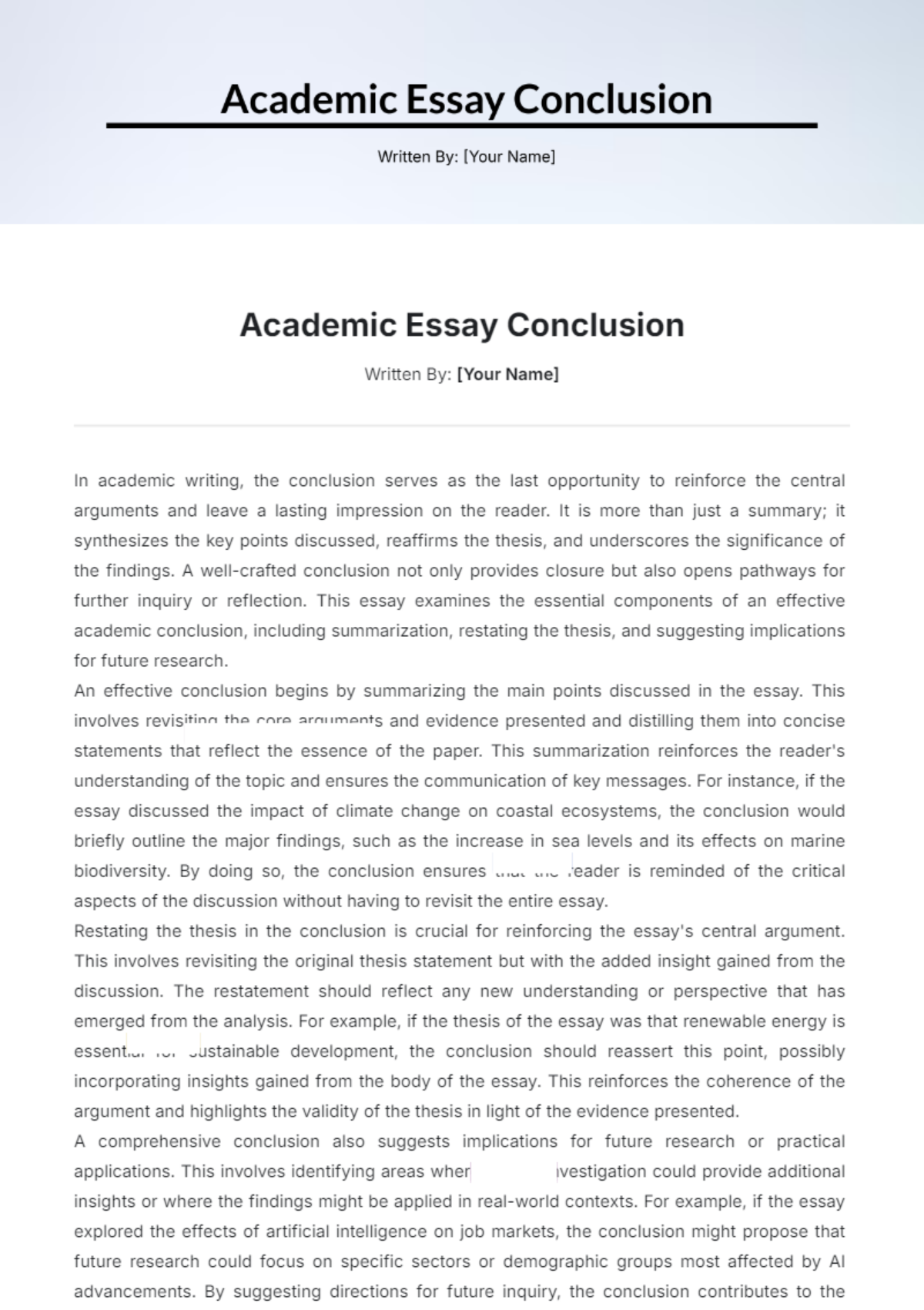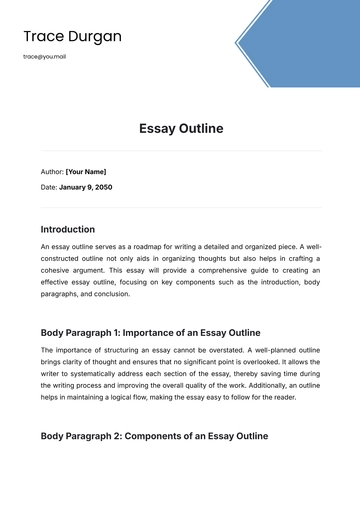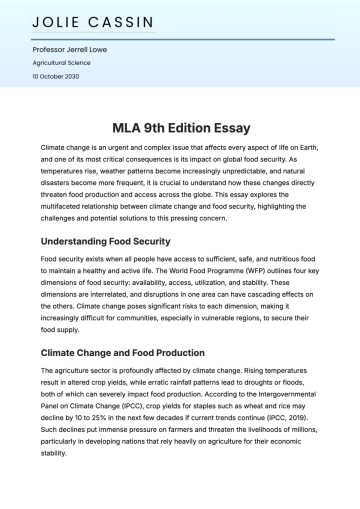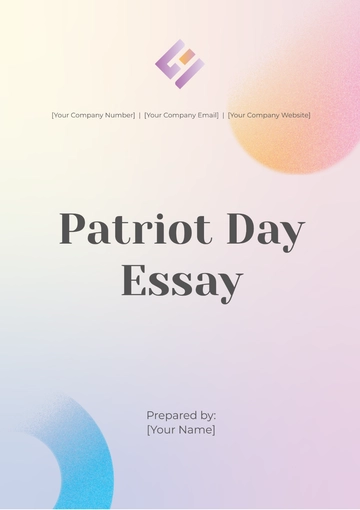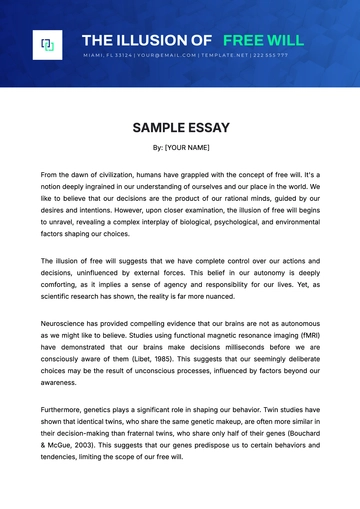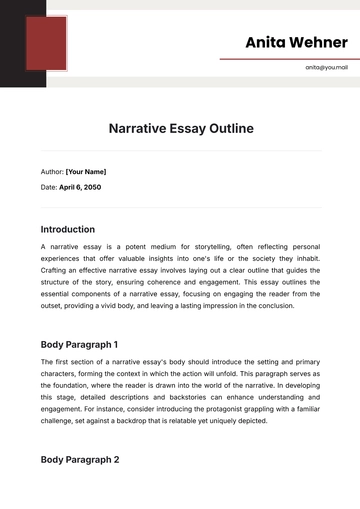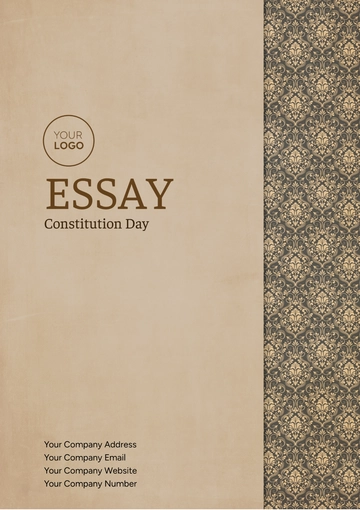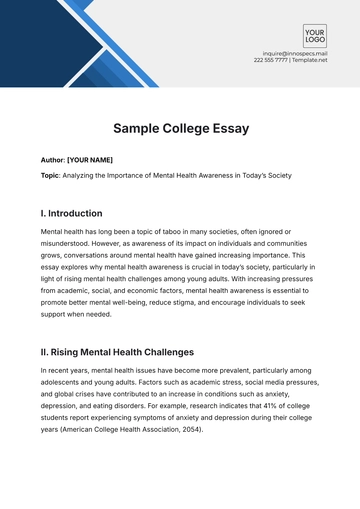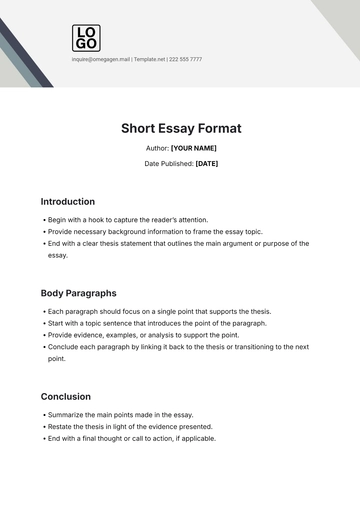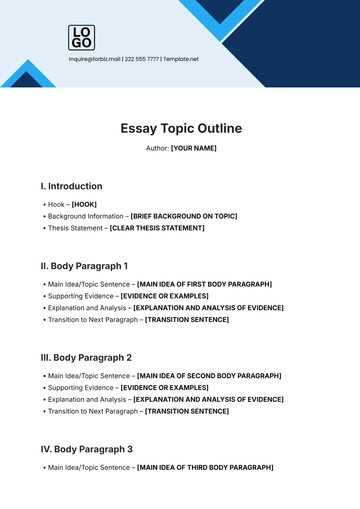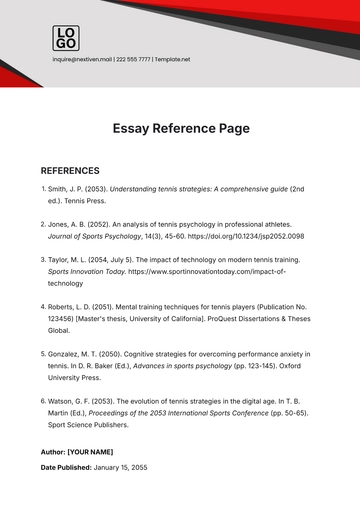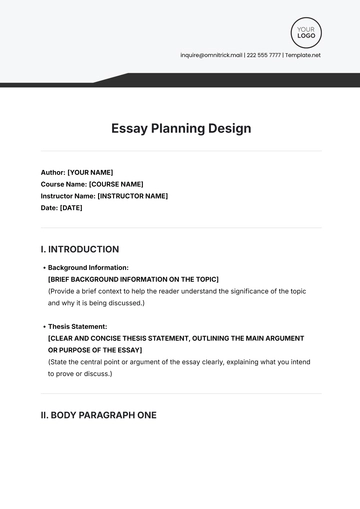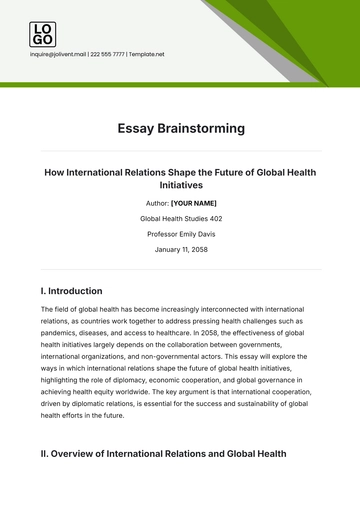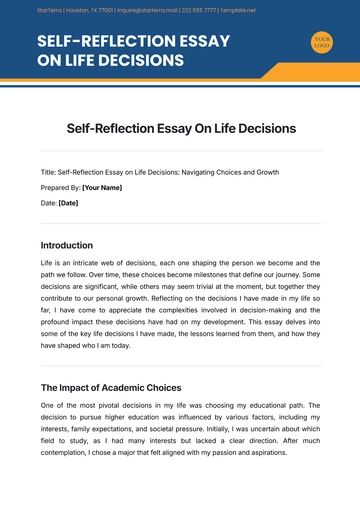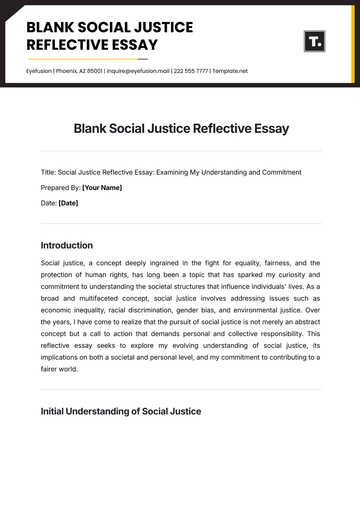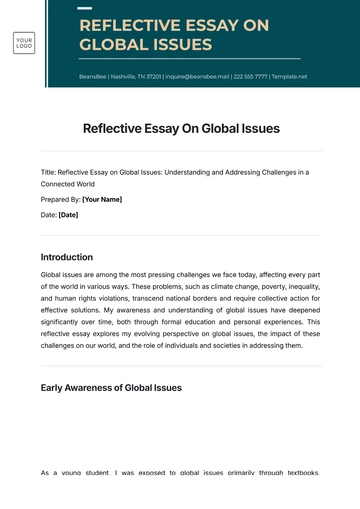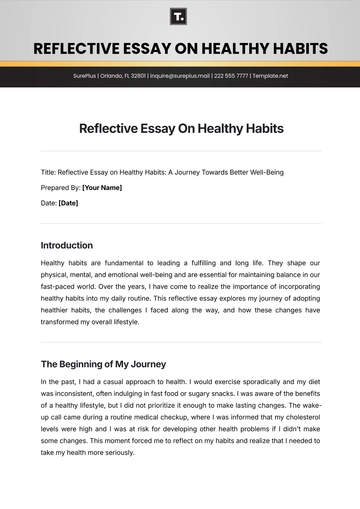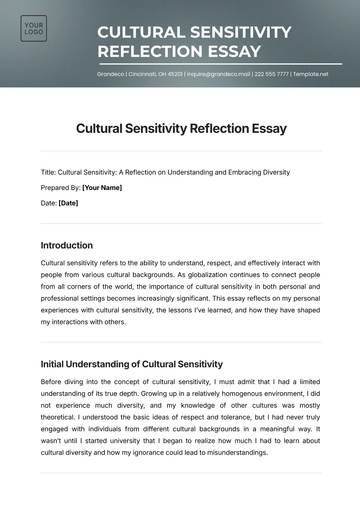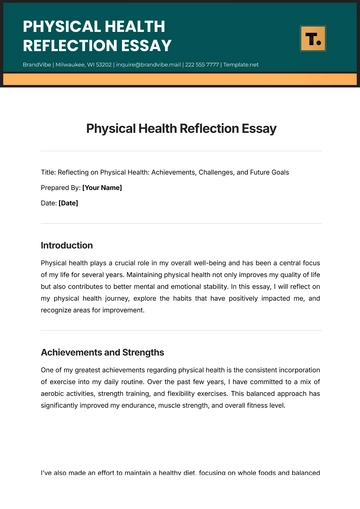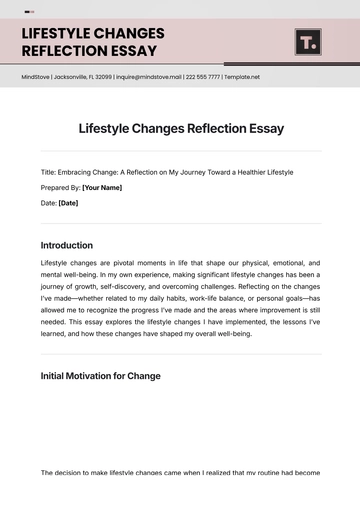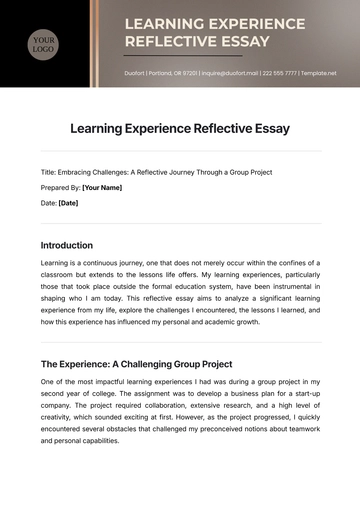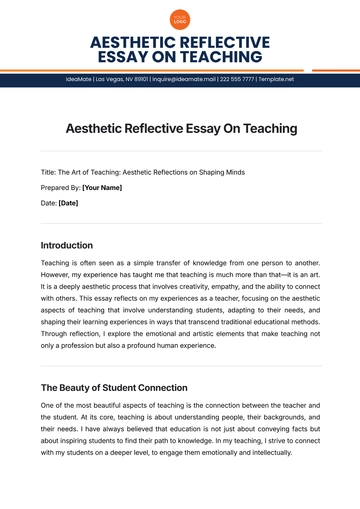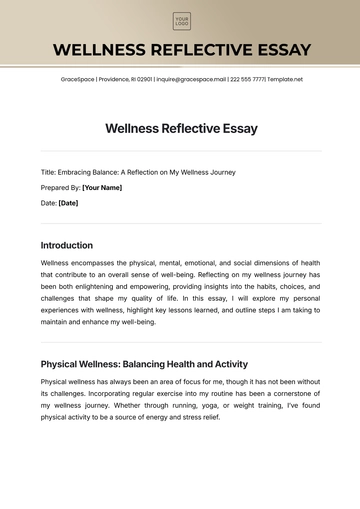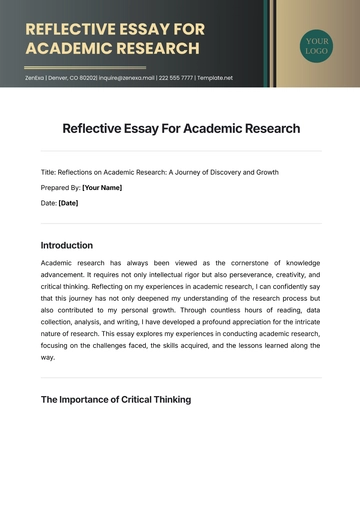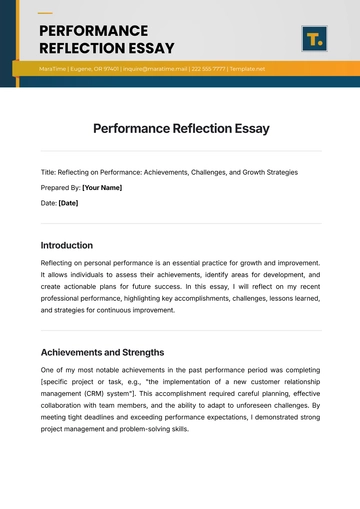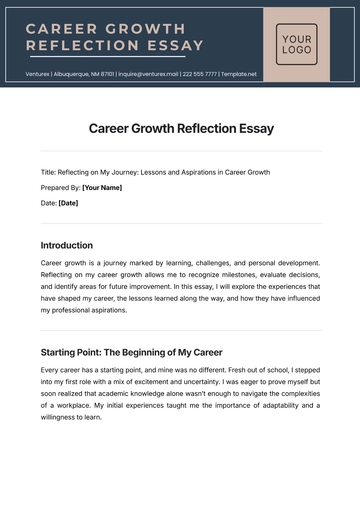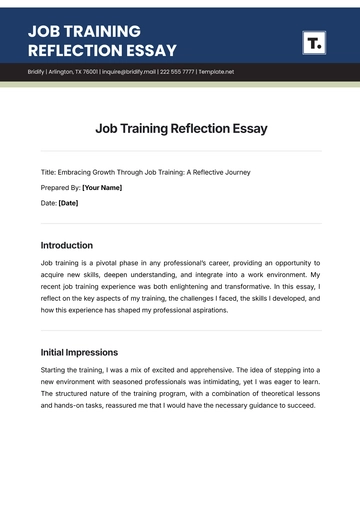Academic Essay Conclusion
Written By: [Your Name]
In academic writing, the conclusion serves as the last opportunity to reinforce the central arguments and leave a lasting impression on the reader. It is more than just a summary; it synthesizes the key points discussed, reaffirms the thesis, and underscores the significance of the findings. A well-crafted conclusion not only provides closure but also opens pathways for further inquiry or reflection. This essay examines the essential components of an effective academic conclusion, including summarization, restating the thesis, and suggesting implications for future research.
An effective conclusion begins by summarizing the main points discussed in the essay. This involves revisiting the core arguments and evidence presented and distilling them into concise statements that reflect the essence of the paper. This summarization reinforces the reader's understanding of the topic and ensures the communication of key messages. For instance, if the essay discussed the impact of climate change on coastal ecosystems, the conclusion would briefly outline the major findings, such as the increase in sea levels and its effects on marine biodiversity. By doing so, the conclusion ensures that the reader is reminded of the critical aspects of the discussion without having to revisit the entire essay.
Restating the thesis in the conclusion is crucial for reinforcing the essay's central argument. This involves revisiting the original thesis statement but with the added insight gained from the discussion. The restatement should reflect any new understanding or perspective that has emerged from the analysis. For example, if the thesis of the essay was that renewable energy is essential for sustainable development, the conclusion should reassert this point, possibly incorporating insights gained from the body of the essay. This reinforces the coherence of the argument and highlights the validity of the thesis in light of the evidence presented.
A comprehensive conclusion also suggests implications for future research or practical applications. This involves identifying areas where further investigation could provide additional insights or where the findings might be applied in real-world contexts. For example, if the essay explored the effects of artificial intelligence on job markets, the conclusion might propose that future research could focus on specific sectors or demographic groups most affected by AI advancements. By suggesting directions for future inquiry, the conclusion contributes to the ongoing academic dialogue and highlights the relevance of the research beyond the scope of the essay.
In summary, a well-structured academic essay conclusion plays a vital role in reinforcing the key arguments, restating the thesis, and suggesting future research directions. It serves as a last opportunity to encapsulate the essence of the paper, reaffirm the central argument, and emphasize the broader implications of the research. By effectively summarizing the main points, restating the thesis, and proposing further research, the conclusion not only provides closure but also contributes to the ongoing scholarly discourse. As such, crafting a thoughtful and comprehensive conclusion is essential for achieving the intended impact of an academic essay.
Essay Templates @ Template.net
